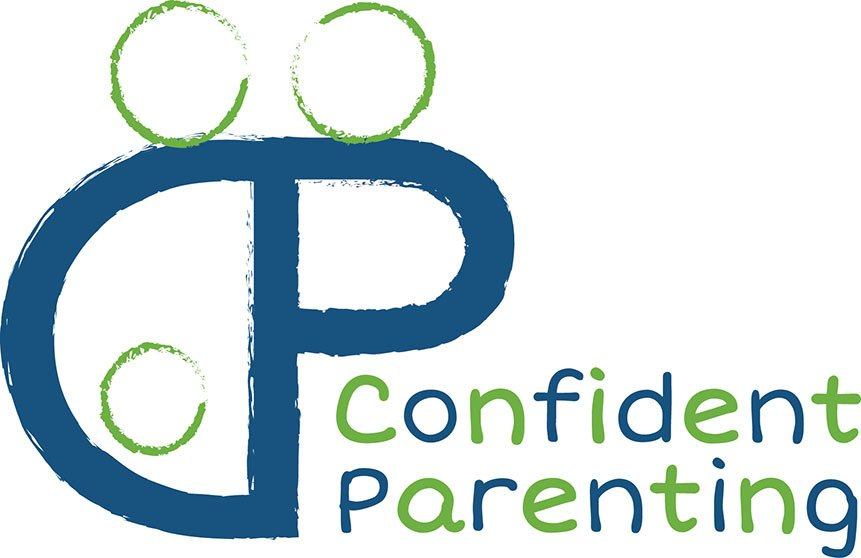One of the most common reasons parents reach out for sleep support is a baby, or child, who is clearly tired but just fights sleep with everything they have, for as long as they can. If you're battling this right now, we'll explain the most common cause and the solution...
Do You Have a "Tricky" Baby?
Think about how you would describe your little person if you were introducing them. Do words like "easy-going", "go with the flow", "happy", "alert", "social", "has fear of missing out" come to mind? If so, you likely have what we refer to as a tricky baby. Most parents decide it is time for baby to sleep based on cues we are seeing such as eye rubbing, ear pulling, crankiness, etc. While some babies show those cues on the early side of tired, where it is helpful, tricky babies tend to hide their sleepy cues for as long as they can. It's as if they say:
"I'm feeling tired but I'm so easy going, I won't make a big fuss about it." Or:
"I'm feeling tired but I don't want to miss anything so I'll try to power through."
Unfortunately, these babies mask their tired cues until they can't anymore. Other tricky babies show cues unreliably - loud and clear sometimes but other times not at all. Which means that, by the time we notice them (if at all), they are already too tired for sleep to go smoothly.
How Overtiredness Works Against You
So why does that matter? There is a rhythm to sleep and if we are trying to get our baby down "off" of that rhythm, the result will not be smooth. Babies rhythm is dictated somewhat by the clock (certain clock times and ranges yield a smoother result than others) but also by sleep drive or pressure. Meaning, baby needs enough awake time to build up to be able to fall asleep again. Too much sleep pressure however, sends the body quickly into overdrive, often resulting in baby getting a hormonal "second wind".
If, for example, your tricky baby feels tired but tries to power through and you attempt to get them to sleep 30 minutes past that sweet spot, they may already be on a hormone high. Hence you might notice eye rubbing, etc. combined with an inability to wind down and drift off. This might feel like putting an energy drink in their bottle and then trying to put them down for sleep.
How to Get Ahead of the Second Wind
What is a parent to do when sleep is a struggle and you suspect you have a tricky baby? It may help to stop relying so heavily (or at all) on your baby's cues and mainly on the clock. As annoying as it is, you may need to take notes for a while, noticing how long baby was awake before you started the sleep process and how that played out. You are essentially trying to board the train before it leaves the station, getting ahead of that hormonal second wind. Knowing now that a struggle means you may have missed the mark, take note of that and aim to start the process 10-15 minutes sooner in that spot tomorrow.
Keep shaving small amounts of time off the elapsed wake time/clock time until you find sweet spots for each spot that make sleep far easier to come by. Much like being just a few minutes late for a train, we might be talking about very small distinctions in timing that can make or break your results. For example, you might find that heading into the nursery and starting your 4 month old's nap process by the 90 minute or even 75 mark is far smoother than heading up at/after the 2 hour mark.
This experimentation might mean you are heading up to start the sleep process when your baby is looking and acting totally fine and not tired at all. That's okay! It may feel "wrong" or even scary but just trust me and try it, at least for comparison. If the result is smoother, you know you have a tricky baby who was making this whole sleep thing harder than it needed to be. If so, you can stop waiting and watching for those elusive sleep cues and, instead, follow the clock times and elapsed wake time you land on through trial and error.
Not up for all that experimentation on your own? Can't seem to find those sweet spots? No worries. Our sleep team is here to work with you on a day to day basis to figure that out. Plus we can help uncover
additional reasons sleep may be hard to come by and address those too. Reach out to learn more about working together or schedule a discovery call.












